Why WFH When You Can Live in the Office Like Elon Musk?
The office is the best place for collaboration, creativity and efficiency. But being bossy about RTO isn’t good strategy.
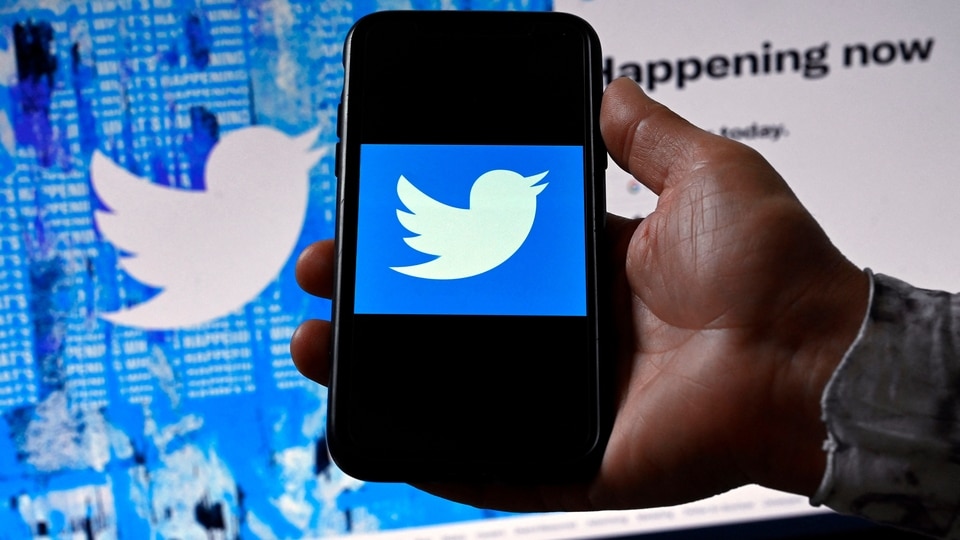
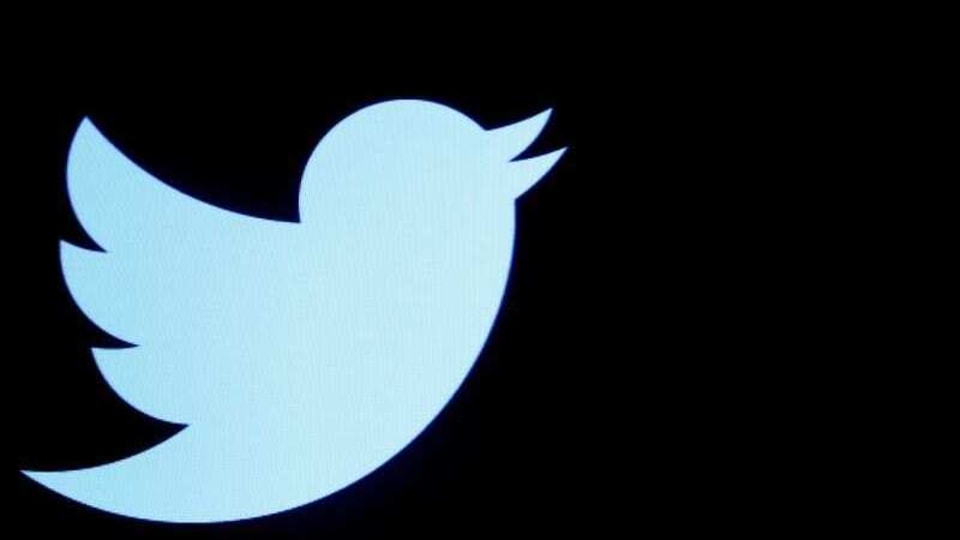

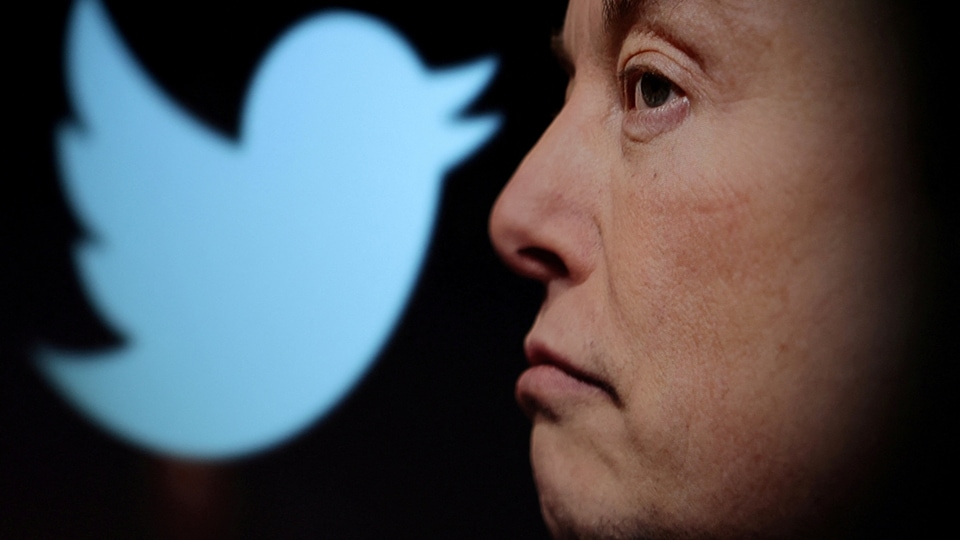
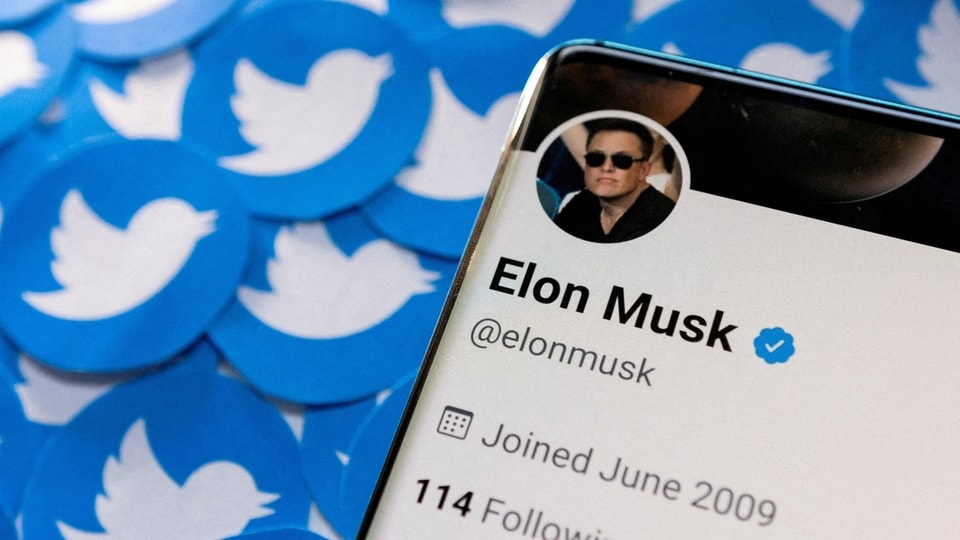

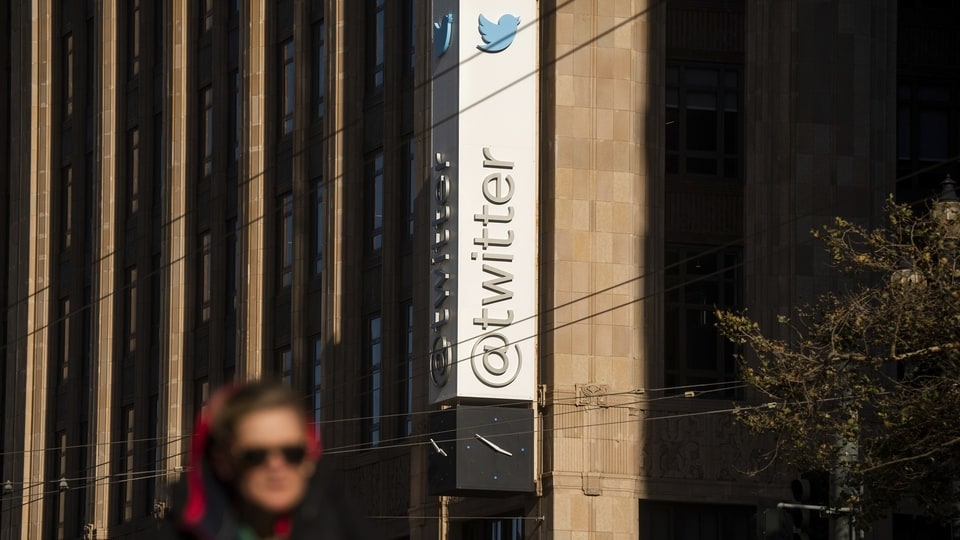

 View all Images
View all ImagesIt's no surprise that Elon Musk is ordering Twitter Inc. staff back to the office within a month of taking the keys to the social media company. Workers at Tesla Inc. are fully familiar with their billionaire boss's strict preference for being present. But combine this with a weakening economy and pressure from Wall Street leaders for office working, and it helps normalize the use of force rather than nudging to get people back to HQ.
Any advocacy for the primacy of office working in the tech sector is significant. Remote working is enabled by technology, so the industry as a whole has a vested interest in promoting it — just as real-estate developers want their own staff in offices singing the merits of shiny glass buildings.
The Survey of Working Arrangements and Attitudes shows hybrid working is popular across all demographics. And tech workers appear particularly accustomed to remote work. The pandemic even led to tech startups in San Francisco seeing staff decamp to other cities, as Bloomberg Opinion's Parmy Olson has detailed.
It's been hard enough for tech employers to formalize attending the office on a majority of days — Apple Inc. delayed such a policy earlier this year — let alone full-scale office-hood. And that's seemingly what Musk wants. He expects workers to spend at least 40 hours a week on site, subject to case-by-case exceptions, Bloomberg News reported. Many people could — and do — cram that into fewer than five days. But the ordinary observer will translate the edict as: Don't work from home, live in the office. (Quite how Musk himself would spend 120 hours a week in the offices of his three main ventures in another matter.)
That puts the Tesla-Twitter-SpaceX boss in line with investment banks on the issue. Finance execs have generally made clear their expectation that office-based working is the norm and hybrid arrangements the exception.
In industries that rely on intellectual capital, that stance does make sense. Nearly three years since the emergence of Covid, the reasoning should be well understood. In the know-how profession, being in the same space gets the job done better: Casual enquiries are easier, information flows faster, serendipitous encounters spark opportunities. Co-location retains institutional knowledge. Cultural cohesion just happens, whereas remote-only firms must resort to off-sites to replicate the effect.
Is brute force the best way to get people back? As the pandemic abated in the US and Europe, the banking industry went from using workplace perks as carrots to a more coercive read-between-the-lines approach based on bosses' pro-office messaging.
A weaker labor market will embolden leaders to be more explicit about their preferred solution to the equation. The last few weeks have seen thousands of job losses announced in tech; the omens for finance are bad too. But in any industry that relies on talent, employers should not overestimate their bargaining power.
Some workers, most obviously those with family care responsibilities, need flexibility of either location or hours, or both. You can't negotiate with need: They will take their skills elsewhere. Bosses risk narrowing candidate pools. Never mind that headcount is going down; the market for the very best talent is always tight. This goes beyond advancing gender balance: A recent study by McKinsey & Co. suggested that hybrid working initiatives could have a disproportionately positive effect on diversity, equity and inclusion efforts more broadly — as well as on performance.
Even if bosses have the economic power to set terms, that does not mean they should use it. Far better that workers should want to come to the office and find their job easier there. Where it seems otherwise, it's often to do with things employers don't control, or only indirectly control: the time, cost and hellishness of the commute, the amenities surrounding the office, the flexibility within the building to accommodate tasks that require quiet concentration as well as sparky collaboration.
Yes, the office is better. But don't just force it on your workers, Elon. Make them want to come in.
Chris Hughes is a Bloomberg Opinion columnist covering deals. Previously, he worked for Reuters Breakingviews, the Financial Times and the Independent newspaper.
Catch all the Latest Tech News, Mobile News, Laptop News, Gaming news, Wearables News , How To News, also keep up with us on Whatsapp channel,Twitter, Facebook, Google News, and Instagram. For our latest videos, subscribe to our YouTube channel.






























